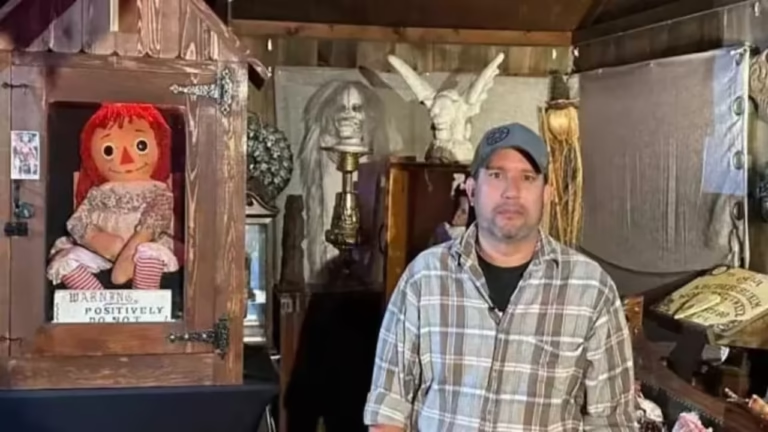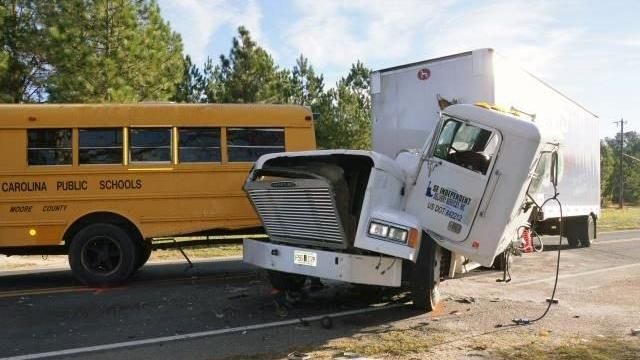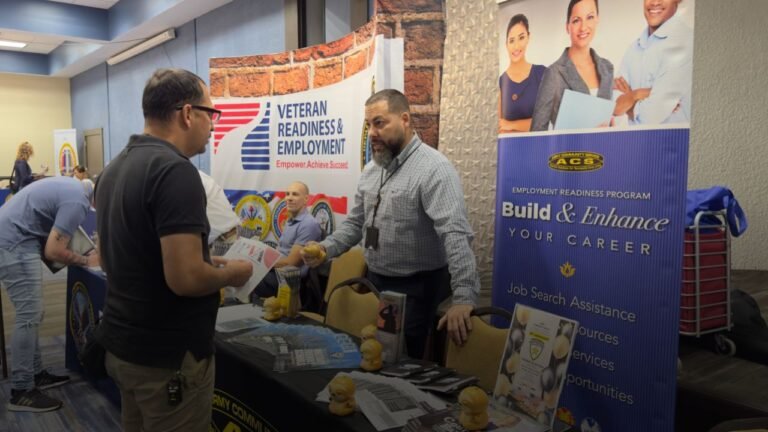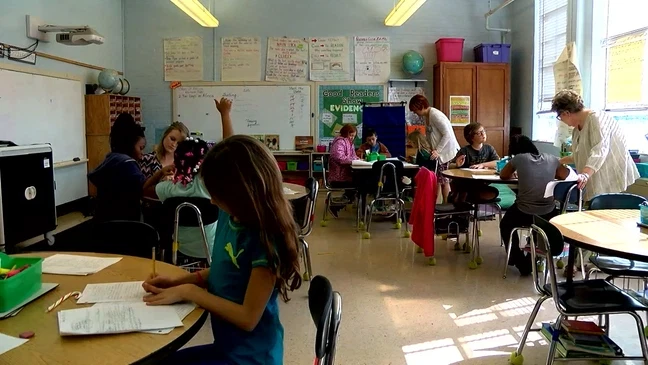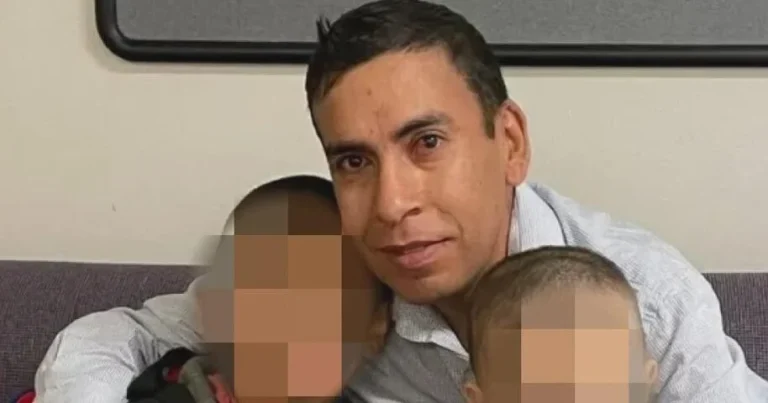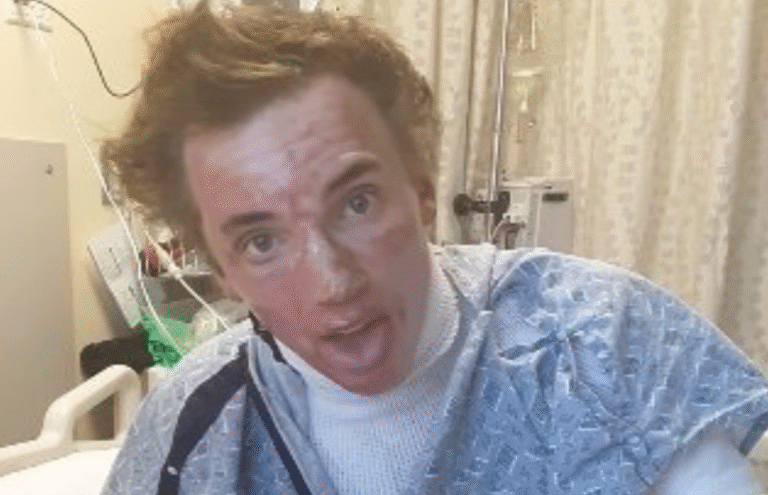DNA Identifies Maryland Cold Case Victim and Reunites Her Long-Lost Children
HOWARD COUNTY, M.D. — A 1971 homicide case, the oldest unsolved case in Howard County, has taken a remarkable turn after DNA evidence identified the victim and led to the reunion of two of her children who never knew they were related.
Victim Identified After More Than 50 Years
Detectives announced that the victim, long known only as “Jane Doe,” was Sadie Belle Murray, a 47-year-old woman found brutally assaulted in a field behind a frozen treat stand off Maryland Route 99 in Woodstock in July 1971.
Murray died two months later in the hospital, and despite decades of investigation, her identity remained a mystery until recent genetic genealogy testing provided a breakthrough.
“The genetic genealogy was critical, because for all these years, we had no way to link this Jane Doe to anyone,” said Sherry Llewellyn, spokesperson for the Howard County Police Department.
Children Reunited Through DNA
The DNA results not only gave Murray her name back but also connected two of her surviving children, who had lived separate lives without knowledge of each other.
Mildred Marie Cantwell, 83, of Springfield, Illinois, and Charles Sharkey, 79, of near Cleveland, Ohio, only recently learned they were siblings.
Sharkey, who grew up in an orphanage without family, described the discovery as life-changing.
“For years, I looked for her, and I don’t remember having any siblings, any parents or anything,” Sharkey said. “It’s just exciting to know that I have a sister.”
The two now communicate regularly by phone and text.
Investigation Still Open
While Murray’s identification provides closure for her family, police emphasized that the 1971 homicide remains unsolved. Detectives continue to investigate and hope the renewed attention may lead to new information.
This case shows how advances in DNA technology can not only solve decades-old mysteries but also reconnect families separated by tragedy.
Do you believe law enforcement should expand the use of genetic genealogy in unsolved cases nationwide? Share your perspective with us at SaludaStandard-Sentinel.com.


